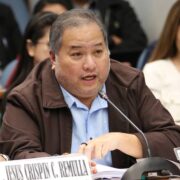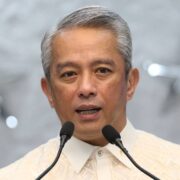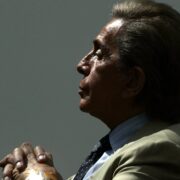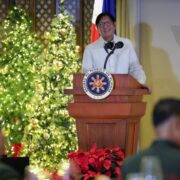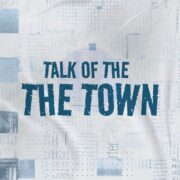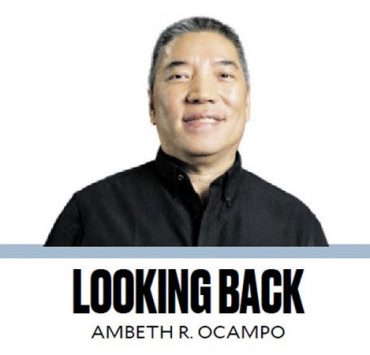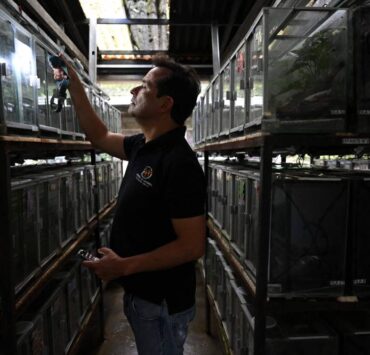A broken culture unfit for a postmodern world?

The year was 2017 and I had just started working as a public school teacher when, in the middle of my conversation with a colleague, someone said with the nonchalance of one who had seen countless wars: “Scratch my back and I’ll scratch yours.” Those words define what transpires in most Philippine institutions, and indeed, what seems to be deeply ingrained in our culture.
In his paper, “Filipino Children in Family and Society: Growing Up in a Many-People Environment,” Hiromu Shimizu detailed his research on how Filipino parents raise their children in an environment filled with kin. Noted Shimizu: “Besides children continuing to live in the parents’ house or in the same compound after marriage, there are many instances of relatives living on adjoining or nearby land. When relatives live in the same neighborhood or group together in one place, there is frequent visiting and sharing of food among them.”
Nursed in this type of environment, Filipino children typically immerse themselves in a communal life where one’s actions must be in conjecture with members of their community, taking into consideration the reception of others toward their behavior. In the same paper, Shimizu cited Murray’s observation that the Filipino kin has “relationships formed simultaneously: magkakamag-anak (consanguinity), magkakapitbahay (neighboring relations).” This arrangement is typical in antiquated societies where tribes rose from one lineage, and whose members really have no option but to take care of their own to ward off outside intrusion. Such composition naturally bred the culture of reciprocity or utang na loob which is endemic in our social relationships.
The Filipino sociologist Mary Hollnsteiner wrote about reciprocity: “a voluntary agreement between two or more people to behave toward one another in a specified way for a specified time in the future.” She illustrated this by exemplifying a group of Filipino farmers “who agreed to take turns plowing one another’s fields.” Failure to meet the terms of this unwritten but powerful agreement invites on that person the brand of being incapable of pakikisama or walang utang na loob (ingrate).
As it is not mutually exclusive to our culture, reciprocity is also observed across all nations but curiously, ours infiltrated the very sinews of our institutions—the same agencies put in place to protect the interest of the public—to the point that we view relationships as more important than the mandate of democratic and lawful governance.
The American economist Douglass North loosely defined the roles of institutions as the “reduction of uncertainty by establishing a stable (but not necessarily efficient) structure to human interaction.” While this perspective leans on the stabilization of socioeconomic and political structures, politicians were quick to realize that they can use these very institutions meant to protect the sanctity of equality and freedom to their favor.
Institutional transactions that pull on consanguinity are commonplace in most, if not all, Philippine government agencies. The very educational institutions that were meant to have the independence to develop citizens and leaders are named after our political patrons, hijacking supposedly autonomous agencies. Acemoglu spoke about transactions at the expense of reciprocity: “Reciprocity can be a double-edged sword in the presence of weak institutions … A politician gives you money and you vote for him.”
As our nation prepares to select its next legislators and bureaucrats, it is difficult to put faith that our politics has improved, a factor that determines how our institutions will navigate their respective purposes. The best examples of this deep-seated cynicism would be the deposed Bamban, Tarlac Mayor Alice Guo, and the accusations thrown in the way of the former president Rodrigo Duterte about the gentleman’s agreement on the South China Sea. Riddled with irregularities in large scale proportions, these cases are a complex puzzle that asks if Filipinos can truly trust their own government.
When the recent pandemic suddenly boiled over into our lives, we were collectively limited to the confines of our homes as our government officials haplessly scrambled to find solutions to the health crisis and economic slowdown. For the first time, cultural memories of reciprocity seemed to be nowhere in such context.
A few years later, the Ukraine-Russia and Israel-Palestine conflicts and the emergence of China as a potential instigator of a larger war poked the rest of us right on the face: are states like ours ready to take on these threats to our national security and interdependent economy?
If we are still blindsided by our own beliefs, culture, and relationships in a magnitude such as this, and we’re still caught up in the trappings of traditional politics, what is there to hope for?
Randy Stephen Fangonilo is a teacher at the President Elpidio Quirino National High School in Agoo, La Union.





